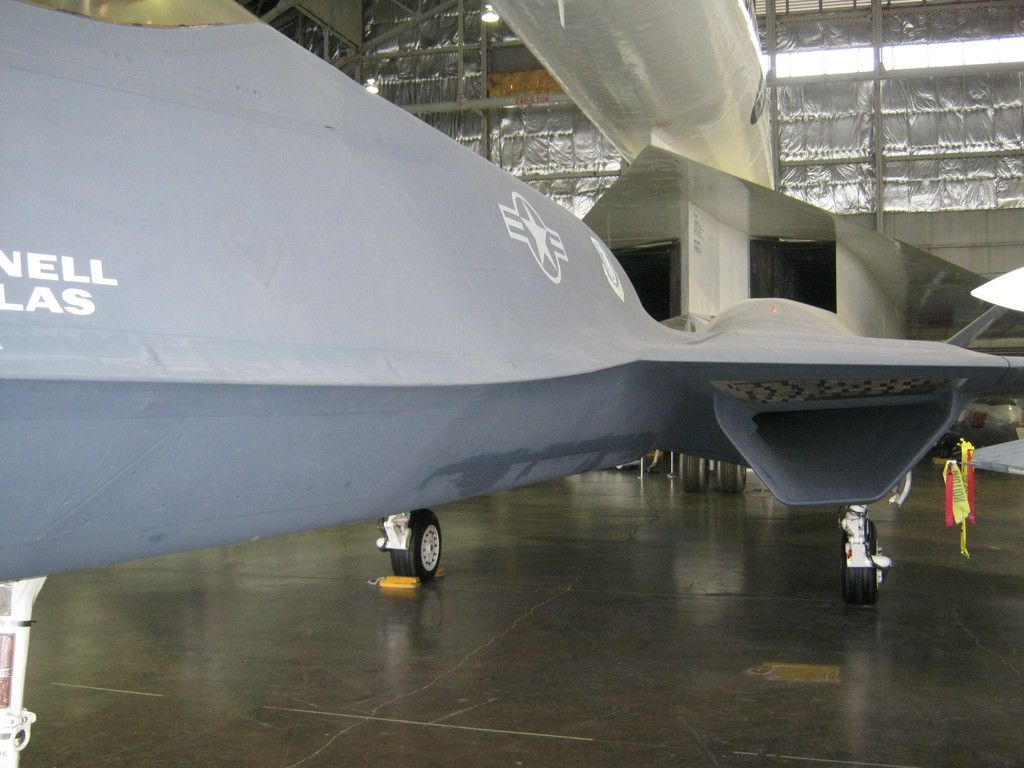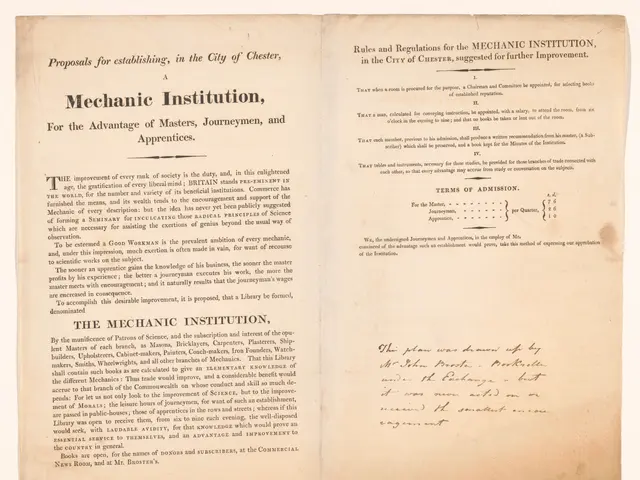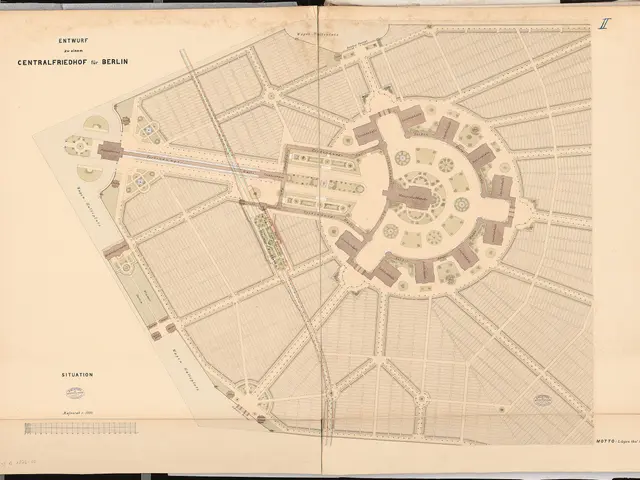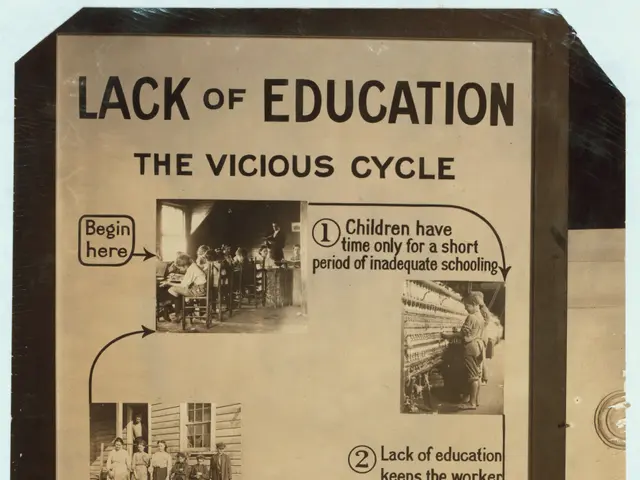AI in Aviation: The New Normal
AI Transforms Aviation: Boosting Efficiency, Prioritizing Safety, and Unveiling Numerous Additional Benefits
Welcome to the future of air travel! From aircraft maintenance to customer service, AI is revolutionizing the aviation industry. Here's everything you need to know about how artificial intelligence is taking over air travel, top use cases, and some exciting examples from the industry's titans like JetBlue, Lufthansa Group, and Boeing.
According to reports from Market Research Future, the AI in aviation market is expected to reach $31.01 billion by 2032, marking a ten-fold increase from $3.41 billion in 2023. This phenomenal growth is characterized by generative AI, which isn't limited to text, images, or videos – it's all about delivering information in any form [1].
What's So Special About AI in Aviation?
In simple terms, AI in aviation is about delivering information. And what's so fantastic about it is that this information comes in various shapes and forms. While ChatGPT may be the first thing that comes to mind, the world of tangible breakthroughs is far richer than you might think [1].
Use Cases of AI in Aviation
Safety
Airline companies are harnessing AI's power to optimize maintenance schedules, reduce flight disruptions, and lower maintenance costs. By integrating predictive analytics and AI algorithms, companies can detect potential malfunctions in advance, ensuring aircraft safety and improving overall reliability [1].
Southwest Airlines partners with AI startup AIXI to analyze discrepancies across their 800-aircraft fleet, improving maintenance efficiencies and safety. Similarly, Boeing utilizes Airplane Health Management, which monitors aircraft throughout a flight and forecasts potential maintenance issues [1].
When it comes to aviation security, AI chatbots help travelers navigate airports and offer real-time updates, instructions, and safety alerts, providing reassurance and peace of mind [1]. AI algorithms can also be employed in X-ray mapping, 3D image processing, and anomaly protection for better passenger identification and verification, ensuring a more secure boarding process [1].
Baggage Handling
AI technology offers travelers assistance with locating and tracking their belongings, shortening waiting times and improving customer satisfaction [1]. Delta Air Lines, SITA, and Schiphol airport in Amsterdam are already providing real-time updates on baggage location, while United Airlines assists with lost or damaged baggage reporting and offers alternative travel arrangements [1].
Customer Experience
AI comes in handy when it comes to enhancing customer experience in every aspect of air travel, from guiding tourists through travel procedures to submitting feedback. AI chatbots can provide personalized recommendations, answer FAQs, and assist with user queries, speeding up and streamlining customer interactions [1].
JetBlue, Lufthansa Group's Digital Hangar, Delta Air Lines, Heathrow Airport, Munich Airport, and Air India are among the pioneers leveraging AI to enrich the customer experience [1].
The Future of AI in Aviation
AI is transforming the aviation industry by focusing on crew training, optimal scheduling, and customized customer service. The revolution will only continue to gather momentum, as environmental sustainability becomes an ever-growing concern for companies and passengers alike [1].
Looking ahead, AI will undoubtedly continue to play a crucial role in shaping the aviation industry by playing a part in route optimization, revenue management, and the development of more eco-friendly aircraft and fuel alternatives [1].
Conclusion
In conclusion, AI is indispensable for modern aviation's endeavors to cut costs, secure safety, and improve both passenger experiences and environmental sustainability. The use of AI improves every aspect of air travel, from streamlining operations to providing personalized assistance and seamless travel experiences [1]. As airlines and airports worldwide adopt AI-powered innovations, the future of air travel is all set to become even more efficient, reliable, and enjoyable [1].
References:
- Rykov, A. (2023). Aviation AI: the Industry Overview. Our AI Solutions Blog. Retrieved from https://www.ouraisolutions.com/blog/aviation-ai-the-industry-overview/.
- Market Research Future. AI in Aviation Market Research Report - Size, Trends, and Global Forecast to 2032. Market Research Future. Retrieved from https://www.marketresearchfuture.com/reports/ai-aviation-market-8206.
- The power of AI in aviation extends beyond chatbots and includes the development of generative AI that can deliver information in various forms.
- Boeing uses Airplane Health Management, an AI system, for aircraft monitoring throughout a flight and forecasting potential maintenance issues.
- AI in aviation is transforming the industry by optimizing maintenance schedules and reducing flight disruptions, as seen in Southwest Airlines' partnership with AI startup AIXI for maintenance efficiencies and safety.
- In the future, artificial intelligence is expected to play a significant role in environmental sustainability, improving route optimization, revenue management, and promoting the development of eco-friendly aircraft and fuel alternatives.








